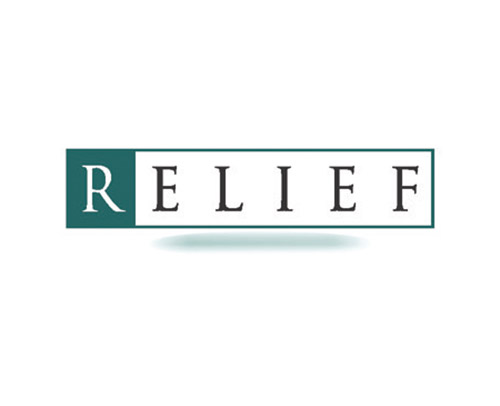

There are some topics we’ll talk about constantly but the topic doesn’t seem to warrant so much discussion. And there are other subjects that nobody wants to talk about, but likely should. This is one of the dilemmas those who suffer from mental illnesses struggle with.
Avi and Gila (not their actual names) were parents of four physically healthy children. When their second son turned 8 he started acting out. He began disrupting his class. He started acting erratically at home, making it difficult for his siblings to be around him. His parents were each responding differently, sending mixed messages. This added a lot of strain to the family dynamics and affected shalom bayit. At their wits’ end, they didn’t know what to do or where to turn.
To help people like Avi and Gila and their children, in April of 2001, Rabbi Sendy Ornstein and Shiya Ostreicher founded Relief. Relief’s mission is to facilitate relief to individuals and families suffering from mental health disorders and to give the best referrals possible. They do this via many different avenues. First and foremost, they maintain a database of highly qualified mental health clinicians with a variety of specialties, in different locations. This database allows them to run a referral service for individuals or families seeking help. While there are medical referral services throughout the Jewish community, prior to Relief’s founding there seemed to be a gap when it came to mental help resources. Today, Relief has nine regional offices, including three in the metro New York area, and in Maryland, California, Canada, Israel and the United Kingdom.
Rabbi Benjamin Badad, director of Relief, told The Jewish Link, “Referrals for medicine are generally ‘I have problem x, who’s the best doctor to treat it?’ With mental health, most of the time they don’t know what they have. In mental health it’s not just about the doctor but it needs to be a match for your personality. It’s more of a shidduch. That’s why we have regional offices—so we can get to know the local practitioners. We interview the clinicians and do a lot of research about them. We want to know who each is as a person. Then the main thing that we do is the follow-up. When we make a recommendation, we follow up to see how they’re doing and how the clinician is doing.” This is an extra step that Relief takes. After they make the connection they follow up with the patient to ensure that they are comfortable with the clinician and at times, even pass along questions or concerns the patient doesn’t feel comfortable discussing with the clinician directly.
According to Badad, their staff speaks with about 2,000 people a month and they have successfully helped thousands of callers. “When you have multiple reports on specific clinicians, you begin to see real patterns. And that helps us know who can treat specific conditions. Our job is to help identify the problem. Our staff undergoes two to four months of training with an emphasis on symptoms. They do not diagnose but after listening to the symptoms, they can make a determination of who the best person is who can help deal with the person.”
Relief makes referrals for a myriad of mental health issues. They specialize in services for children and those with eating disorders and are always researching different rehab facilities offering higher levels of care.
Badad stresses that there is good help out there. “As long as we’re dealing with someone who wants to get help, our chances are very high of finding them the right clinician. It’s really hard to get good robust information on your own. We’ve put systems in place where there was no system.”
Relief is a non-profit organization. They neither charge families seeking referrals nor the clinicians they recommend. They rely on donations and fundraising efforts to provide their services. They are guided by a medical advisory board comprising a who’s who of mental health professionals. They also host seminars and teleconferences to provide education to the community regarding pressing issues in mental health.
To learn more about Relief or to make a tax-deductable donation, visit https://reliefhelp.org. To contact Relief, email info@reliefhelp.org.
By Sara Kosowsky Gross
�











